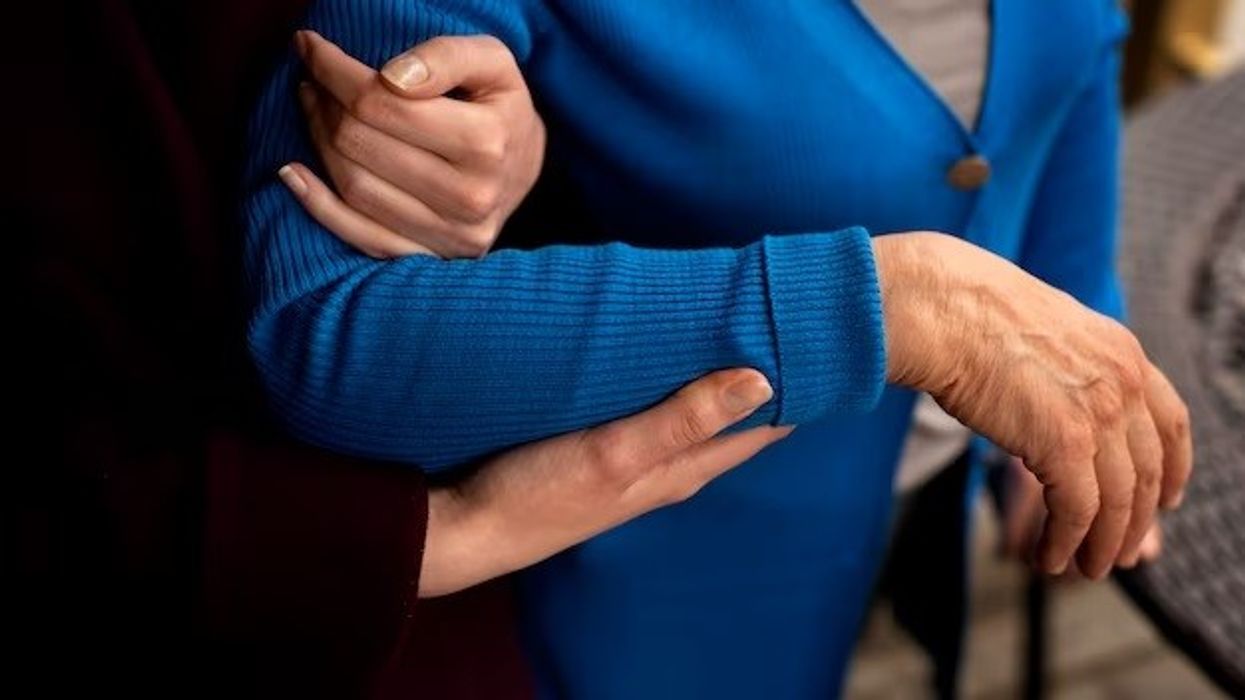The new treatment uses a small pump that delivers a continuous dose of the medication into the bloodstream 24 hours a day
Many people with advanced Parkinson's disease are currently required to take more than 20 pills a day to manage their symptoms, while some necessitate treatment through a permanent feeding tube.
Soon, patients will only be required to wear a portable kit to get a continuous dose of the medication delivered into their bloodstream 24 hours a day.
This innovative treatment, called Produodopa, will now be made available on the NHS, providing benefit to nearly 1,000 people with advanced Parkinson's disease, according to a BBC report.
James Palmer, NHS England's medical director for specialised services, told the publication that the drug's rollout will offer “a vital new option on the NHS for those who aren't suitable for other treatments such as deep brain stimulation.”
He added that the new therapy will help patients manage their symptoms “more effectively” and improve their quality of life.
Produodopa was recently approved for use in the NHS by the National Institute for Health and Care Excellence (NICE), after successful clinical trials.
Produodopa is a combination of two drugs - foslevodopa and foscarbidopa – that is delivered continuously through a cannula that is inserted under the skin. The cannula is controlled by a small, automatic pump that allows a steady flow of the infusion round the clock to keep the symptoms under control.
There is also a manual option to increase the flow boost, if needed.
When the drug enters the patient’s bloodstream, foslevodopa is turned into dopamine, the chemical messenger that helps nerve cells send messages to each other, thereby helping manage Parkinson's symptoms, such as excessive movement or tremors.
According to Parkinson’s UK, this treatment can be “life-changing” for Parkinson's patients with severe movement-related symptoms that are not managed by other medications.
However, the organisation said, it may not be suitable for everyone, and patients should speak to a Parkinson’s specialist first.













